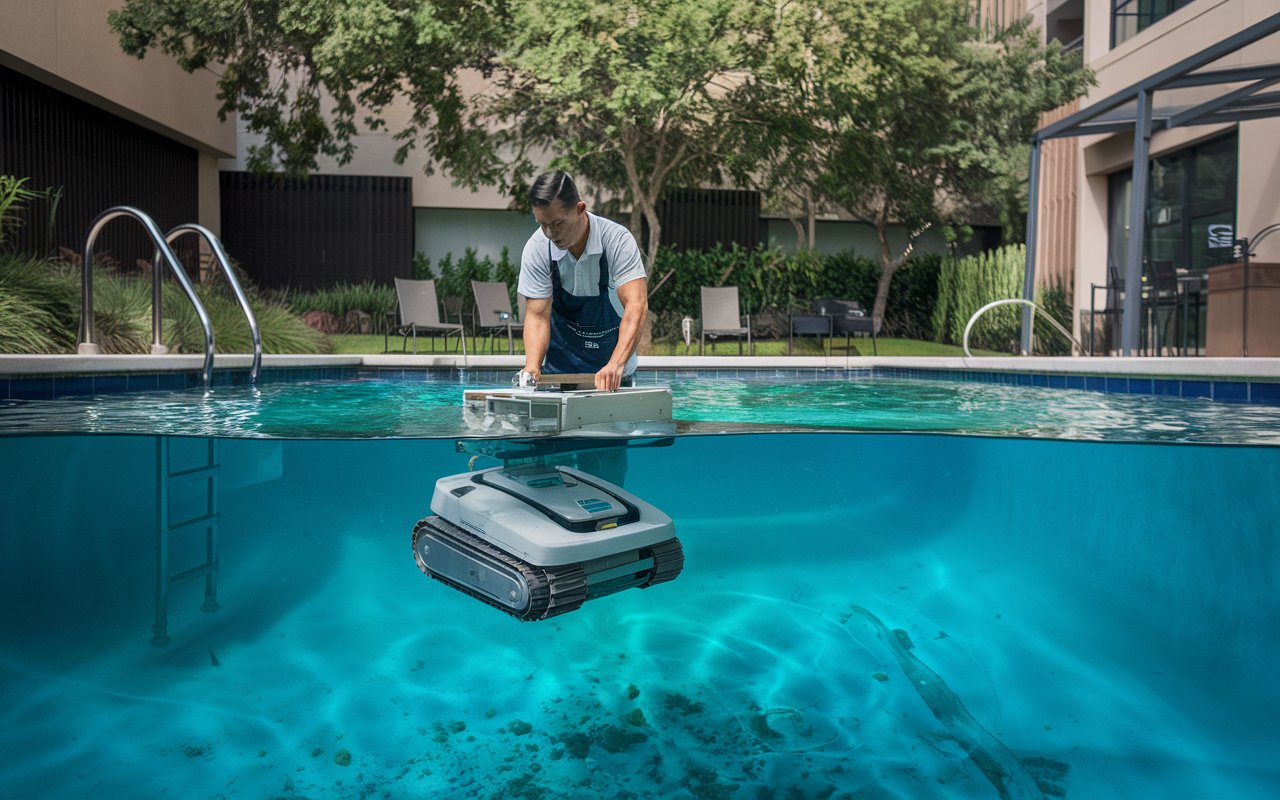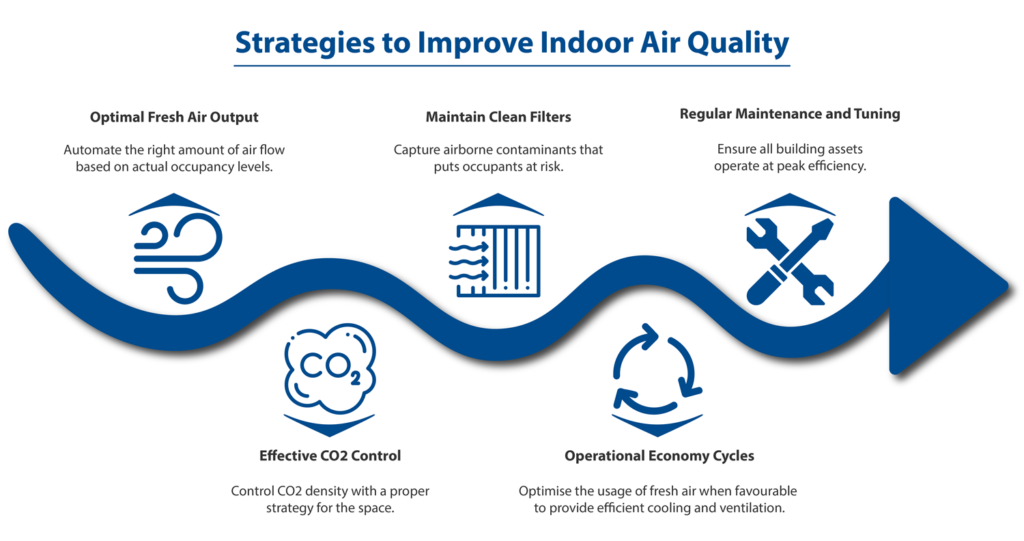Health Benefits of Clean Pools
Regular pool cleaning is not just about appearance; it’s crucial for the health and safety of swimmers. A clean pool helps eliminate harmful bacteria, viruses, and algae that can cause skin infections, ear infections, and respiratory issues. According to the Centers for Disease Control and Prevention (CDC), maintaining a clean pool significantly reduces the spread of recreational water illnesses. For instance, harmful microorganisms like Cryptosporidium, which can cause severe gastrointestinal distress, can be eradicated through meticulous maintenance. Regular maintenance can ensure a safe swimming environment for those interested in pool cleaning in Windermere, FL, free from harmful contaminants. Moreover, maintaining a clean pool reduces the risk of slip and fall accidents caused by slippery algae growth on pool surfaces and surrounding areas.
Essential Tools for Pool Maintenance
Effective pool maintenance requires the right tools. Essential items include a pool skimmer, vacuum, brush, and chemical test kits. A quality pool skimmer removes leaves, insects, and other debris that can clog the filtration system and deteriorate water quality. A pool vacuum, whether manual or automatic, is crucial for cleaning the pool floor, removing settled dirt, and reducing the potential for stains and algae. Brushes are essential for scrubbing the walls and tiles, preventing algae growth and maintaining an aesthetic appearance. Test kits are indispensable for monitoring and adjusting the water chemistry, ensuring balanced pH, alkalinity, and sanitizer levels. These tools help maintain a clear, clean, and safe swimming environment. Additionally, using a pool cover can minimize debris, making cleaning more manageable and efficient. A high-quality cover also helps in reducing water evaporation and thus conserving water.
Routine Pool Cleaning Tips
Regular cleaning tasks can be broken down into daily, weekly, and monthly activities for optimal pool health. Daily, skimming the surface to remove debris prevents clogs in the filtration system, maintains clear water, and reduces the risk of stains. Skimming also deters insects and other pests from making a home in the pool. Weekly tasks include vacuuming the pool floor and brushing the walls to prevent algae growth. Scrubbing places with poor circulation, including corners and steps, is crucial because this is where algae tends to gather. In order to make sure the water is still acceptable for swimming, chemical levels should also be tested and balanced at least twice a week. To maintain effective water circulation and filtration, make sure that filters are cleaned or replaced on a monthly basis. Make sure all of the equipment, including the heaters and pumps, is operating properly by inspecting it. This thorough practice prolongs the life of your pool and keeps the swimming area safe and fun.
Tackling Common Pool Problems
Pools can develop issues like cloudy water, algae blooms, and stains. Cloudy water often results from imbalanced chemicals or poor filtration. Regular testing and adjusting chemical levels can resolve this problem. Ensuring your filter system is clean and well will help maintain water clarity. Algae is best tackled by consistent brushing and shocking the pool with chlorine. There are various types of algae, including green, mustard, and black algae, each requiring specific treatments. Stains on pool surfaces often require specific pool stain removers, whether from metal deposits or organic debris, based on the stain type. Following detailed pool maintenance guides can provide more in-depth solutions. Such resources offer step-by-step instructions for diagnosing and addressing these common pool issues effectively and efficiently.
Seasonal Maintenance Strategies
Each season demands specific maintenance practices for your pool. During summer, frequent use and heat can affect water chemistry, necessitating more regular testing and adjustments. High temperatures can lead to faster evaporation rates and increased bacterial growth, requiring vigilant chemical monitoring. Fall leaves necessitate extra skimming and possibly covering the pool in the fall to prevent clogging the filtration system. Using a leaf net cover can simplify this task. Winterizing involves:
- Adding antifreeze to the plumbing.
- Lowering the water level.
- Securely covering the pool to prevent damage from freezing temperatures.
This process protects the pool structure and equipment, ensuring they remain intact during the off-season. A seasonal guide can offer tailored tips for each time of year. These strategies ensure that your pool withstands seasonal changes, remains clean, and is ready for use when the swimming season starts again.
When to Seek Professional Help
Some pool problems are too complex for DIY solutions and may require professional intervention. Severe algae infestations, substantial leaks, or malfunctioning equipment often need expert analysis and repair. Professionals have specialized tools and knowledge to diagnose and fix issues more efficiently and safely. Hiring a professional can be more cost-effective in the long run, as they can address underlying problems that might otherwise lead to significant repairs. Regular professional inspections can also prevent minor issues from becoming major costly repairs, ensuring your pool remains safe and operational throughout the swimming season. Periodic thorough cleanings and professional equipment checks help maintain the pool’s optimal condition, extending its lifespan and performance.
Eco-Friendly Cleaning Alternatives
Eco-friendly pool cleaning options are becoming increasingly popular. These include using natural enzyme-based cleaners that break down organic matter without harmful chemicals, providing a safe swimming environment. Solar-powered pool cleaners can reduce energy consumption, lowering your carbon footprint. Additionally, maintaining proper filtration and using pool covers can significantly decrease the need for excess chemicals. By reducing the chemical load, you protect the environment and create a healthier swimming setting for users. For more information, a comprehensive guide to eco-friendly pool care can offer valuable insights into sustainable practices. The Environmental Protection Agency (EPA) also provides tips for reducing pool chemical use, promoting healthier, eco-friendly maintenance options. Incorporating these alternatives benefits your pool and the broader environment, making your pool maintenance practices more sustainable and responsible.








